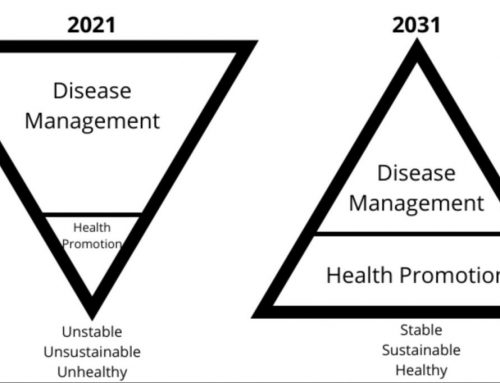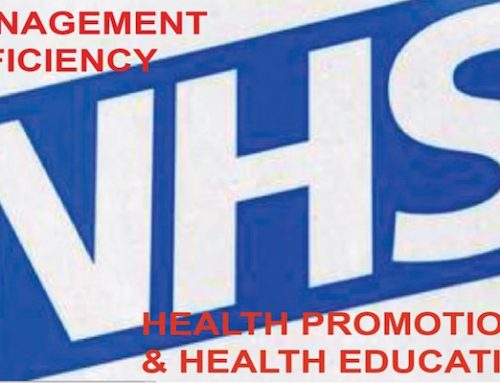Click on the image above if you would rather listen to this article.
There is a vast amount of misinformation on this subject or as Mr. Trump would say “Fake News”. In part because of commercial forces trying to sell their wares and in part due to lack of up-to-date research.
There are two main factors that you have control over that will significantly improve your physical health and performance, they are what you eat and how you breathe.
Let’s start with the most sensitive subject; what you eat.
A myth that has survived a hundred years and is still going strong is that anyone trying to improve their muscle bulk and strength needs plenty of quality meat protein or at least some form of protein from milk. Well, the truth is that we can all get the same amount of protein per 100 calories from plant-based foods and we don’t need meat or milk protein, but there is more to tell; milk protein is a significant health hazard as there is a link between prostate and breast cancer and the consumption of milk. There is also concern that milk consumption is associated with MS and the onset of Type1 Diabetes. It is a remarkable food for calves, designed to make them grow quickly and therefore it contains growth-promoting hormones. The Japanese hardly knew what prostate cancer or breast cancer was until dairy produce was introduced into their diets, Japanese emigrating to the USA soon develop these cancers as often as the Americans. What other downsides are there to meat-eating? Well, meat contains very few complex nutrients such as vitamins as they have already been digested by the animal themselves, neither does meat provide any fiber, essential for both a healthy gut and to feed your gut bacteria, your micro-biomes. There are many top world athletes, iron men, and bodybuilders who manage very well on a meat and dairy-free diet. They are in good company as some of our greatest mammals do pretty well on greens and grains like the gorilla and elephant!
Now let’s consider breathing as an aid to fitness and endurance.
Once again there is a long-held myth that deep breathing is beneficial for physical performance. Wrong again, normal breathing is optimal for this. What, though, is normal breathing? From my observations of hundreds of my patients over the past fifteen years I have found only a few percent who actually breathe normally, 90% are over-breathing or suffering from some degree of chronic hidden hyperventilation (CHHV), the other 21st-century epidemic. This includes the sportspeople and apparently healthy fit people. Normal breathing is defined as, always breathing through the nose and breathing around eight to ten breaths per minute and 5 to 6 liters per minute at rest. We have a culture of training from childhood to adulthood that deep breathing is good, that bigger breaths lead to better health, this is a myth that the Buteyko Method dispels once and for all.
You might like to go through the checklist of adverse reactions to CHHV:
Do you recognize any of the following symptoms n yourself?
Poor stamina & endurance
Frequent muscle cramps with exercise
Low energy levels
Poor sleep quality
Dehydration or dry mouth
Recurrent infections or poor recovery
Muscle stiffness
Blocked or runny nose
Hypertension
Itching, dry skin, eczema
Craving for sweet snacks
Irritability
Mild depression
Headaches
Excessive mucous production
Allergies or hay fever. These are just some of the symptoms associated with CHHV.
Check Your Own Breathing Now:
Sitting quietly, keep your mouth closed, take a normal breath in through your nose, then exhale normally through the nose. Hold your nose and hold your breath until you feel you need to breathe, this is the maximum comfortable breath-hold. Not as long as you can hold your breath. Release your nose and breathe in gently through your nose. Check the number of seconds you held your breath. This is called the control pause (CP) How did you do? if your CP is under 15 seconds you are breathing enough for two to four people, if between 15 and 25 seconds that’s enough for two people, between 25 and 35 seconds you are breathing 50% more than you should, 35 to 45 seconds that’s about average but over 45 seconds is what we need for peak oxygenation and optimal performance.
It takes only a few weeks to improve your breathing with the Buteyko Method of training that can be done anywhere in the world over Skype. With improved breathing most people experience:
Increased stamina and endurance
Increased muscle development
Reduced dehydration
Increased exercise performance
Reduced heart rate
Improved sleep quality
Reduced cramp due to lactic acid build-up
Improved recovery after heavy exercise
And improved general health and immune system.
Download details of the TotalHealthMatters! Lifestyle Skype Course HERE that covers both these factors of diet and breathing.








Leave A Comment